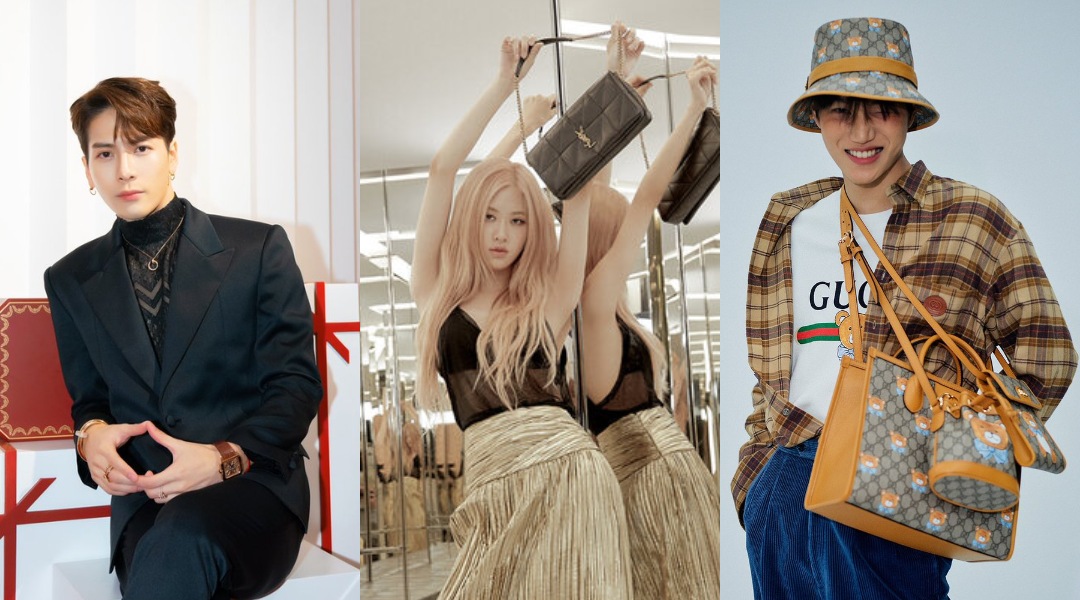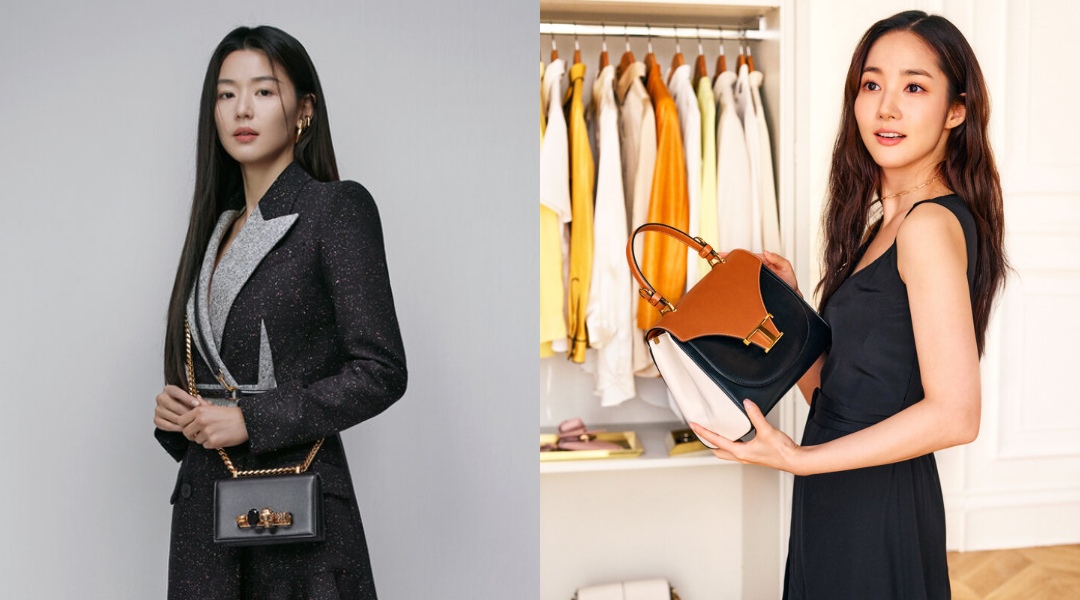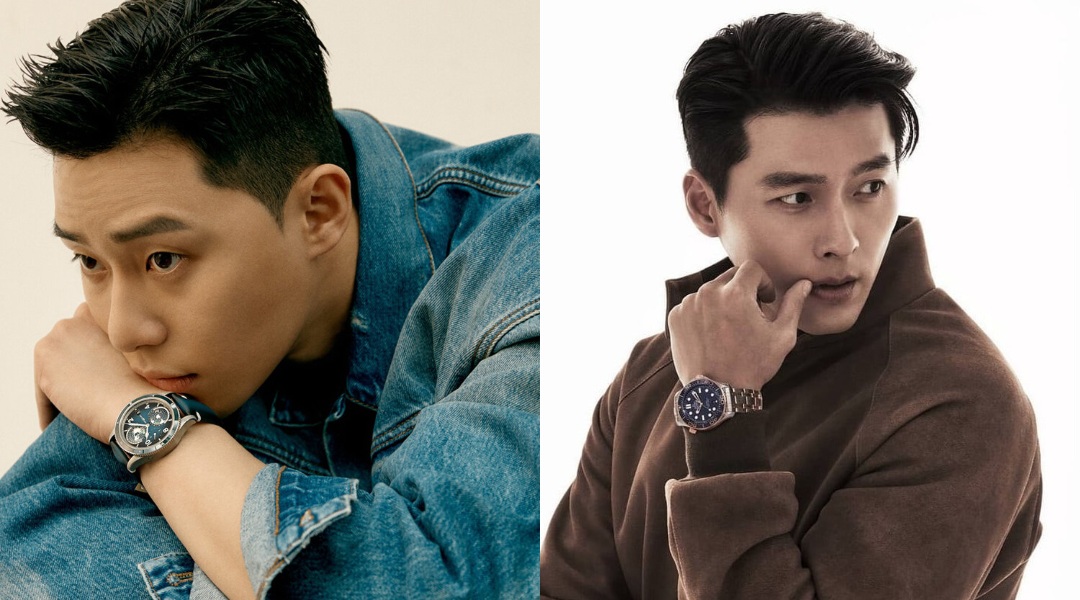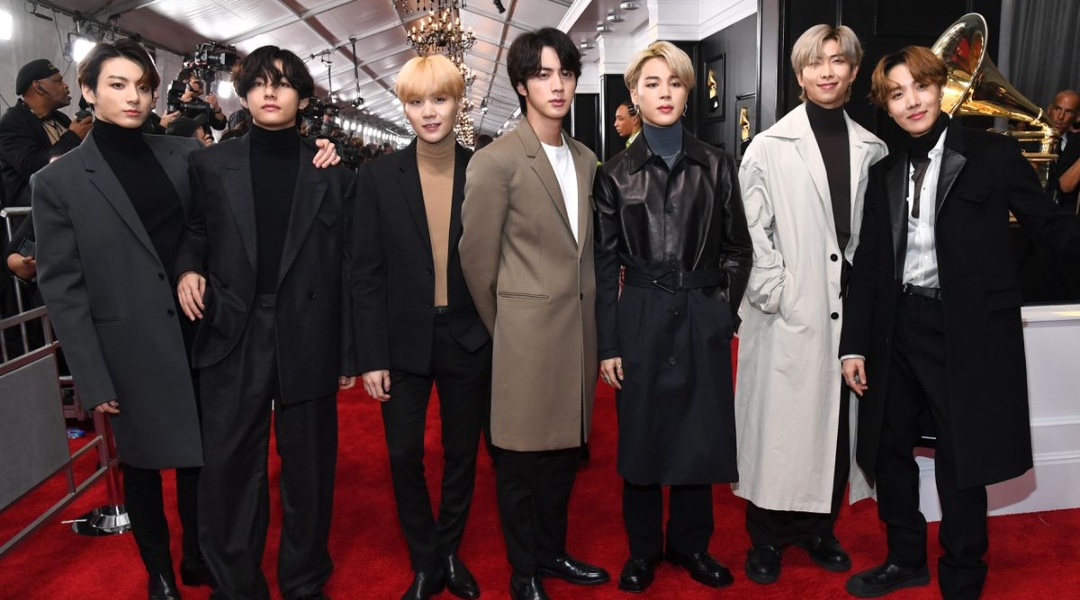It’s no surprise for the world to ride on the Hallyu wave—and might do so for a long time.
The Hallyu wave or the South Korean culture maintains its presence worldwide that they are easily becoming global ambassadors. Partnering with McDonald’s, the global supergroup BTS and its label Big Hit Entertainment released The BTS Meal worldwide. As of writing, nearly 3.5 million chicken nuggets were sold in the country alone.
Hyun Bin, one of the most sought-after actors in Korea, has multiple endorsement deals including luxury brands like Omega and Lexus. Gaining popularity in hit series like Crash Landing On You, he has 1.9 million followers on Instagram and an estimated fee of $84,000 for every episode.
While global brands typically turn to Hollywood stars for their ambassadors, the sheer influence of South Korean A-listers proves to be more effective, especially in the digital age. But what exactly makes them different and well-loved?

Diverse looks
In South Korea, looks serve as an investment and a lifestyle. This is why beyond having cosmetic surgeries that follow their own beauty standards, they place great attention on their outfits. This makes their stars ideal for marketing products and services, especially global brands.
For luxury brands, the goal is to fuel their image and tap into a broader audience. In this age when diversity is something brands should embrace, their best approach to look beyond Hollywood personalities. Their best choice? South Korean stars who not only care about looks, but are digital-savvy and multifaceted.
This is why international brands have been getting artists like Song Hye-Kyo, known for her role in Descendants of the Sun, to be the global ambassador for Fendi and Chaumet. K-pop groups are equally ideal for their growing fanbase worldwide. This includes Kai from EXO for Gucci, Irene from Red Velvet for Clinique, Jackson Wang from GOT7 for Cartier, and Rosé from Blackpink for Saint Laurent.


All-around marketing
More than the looks, authenticity matters the most which some brands miss out on. They tend to promote their ambassador more than their identity and products. Falling into this practice weakens the brand equity as there is no story to tell.
This is why an in-your face approach to endorsements don’t work well compared to those with narratives, or at least shown in a lifestyle context. South Korean stars not only wear brands on major award shows or on the red carpet, they also do on other media appearances. Be it live or recorded performances, TV shows, music competitions, and even simple video appearances.
BTS’ Jungkook is known for having a wide range of products he uses to get sold out. From outfits worn on shoots, wine he drank on a live, a perfume and a fabric softener mentioned on a post, fans flock to purchase and use the same products of their idol.
Knowing the target market of their ambassadors accompanies the brand image as well. A common misconception about K-pop groups is their fans are primarily female teens. But the demographics for supergroup BTS, for instance, show a largely diverse fanbase. Adults are fans as well and can afford luxuries like those of Louis Vuitton and Hyundai—brands BTS endorse.

Regional and worldwide reach
Having a strong social media presence plays a part in brand recall. For K-pop groups, constant release of online content and connecting with fans allows a wider reach. Naturally, new and loyal consumers of global brands can cement their connection with them through the artists.
Among those with big fanbases are Taylor Swift and Beyonce but their metrics of average activity per fan shows they are on the normal range compared to certain K-pop acts. Swift averages around 91,000 Twitter mentions per week but for EXO, they had 24 million mentions in a week alone.
Apart from worldwide reach, regional influence is crucial as well. China remains to be the third largest market for luxury goods. So, it is a strategic move for YG and SM, two of the biggest South Korean entertainment companies, to extend their media buzz to Chinese platforms like Weibo, QQ, Kiashou, and Xiaoshongshu.
In with Linda Wang of BICG Fashion Group, she reveals that while Chinese stars have an enormous online following, luxury brands prefer to work with South Korean artists for their versatility and influence worldwide.
As this ingenious branding of Korean culture continues, the world undoubtedly will follow and tailor its marketing strategies in the long run.
Banner photos from Soompi and L’Officiel Malaysia.





